Story by SAMANTHA CHOW
Video by the R.AGE team
LISA (not her real name) remembers very clearly the day she told her mother she had been sexually groomed and raped. Her mother slapped her on the face, telling her she was now “dirty” and would never get married.
She was also told to pack her bags and was sent to live with her grandparents under tight supervision, for an entire year. She was 16.
Lisa has never spoken about that day – or the day she was raped – to anyone since. Not until she watched an episode of Predator In My Phone, the on-going R.AGE documentary series on child sex predators.
“I’ve felt like I’m dirty many times, and I feel scared to tell people what I experienced,” she said.
“But there’s no point hiding in the dark now. I have to share what I went through so others can learn from it.”
Since the launch of the series, many brave survivors like Lisa have been opening up about the sexual abuse they endured and, more important, the challenges they faced in getting justice.
For many of these survivors, just being able to tell someone about the abuse is a challenge – other things like making a police report, getting a medical check-up, following through with the case in court and getting a conviction against their abusers are distant dreams.
These survivors’ stories are reflected in global statistics. An estimated one in five girls will become victims of sexual abuse before they turn 18, according to the International Centre for Missing and Exploited Children (ICMEC). Sadly, only a third of them will report the crime to a trusted adult.
Victim-shaming
Social activist Datin Paduka Marina Mahathir has been championing comprehensive sex education and women’s rights in Malaysia since the 1990s.
To her, one of the biggest challenges for sexual abuse survivors in Malaysia is the culture of victim-shaming, which not only silences survivors, but also empowers sex predators.
“When society turns a blind eye to all instances of discrimination, it creates a climate and an environment where it’s okay to exploit them,” she said.
“We need to talk about rape openly, and define what it is – anything that’s non-consensual.”

Marina said teaching kids about respect between genders is the basis for preventing violence, including sexual grooming and harassment. ― CHEN YIH WEN/R.AGE
Thankfully, survivors now have an unlikely avenue for them to have their voices heard – a Tumblr account created by local singer-songwriter Takahara Suiko.
After sharing the Predator In My Phone videos on her Twitter account, Takahara started receiving direct messages from her followers telling her how they too had been victims of child sexual abuse.
At one point, Takahara received over 150 survivors’ stories in a day, which she published – with their consent – on a Tumblr page, Sejarah Hitam Kami.
“They opened up to me because the Internet allowed them to keep their anonymity, and they also knew I was someone who would understand what they were going through,” said Takahara, who is Malaysian.
“I guess the shame of telling a stranger face to face is what stopped them from reporting in the first place.”
Dan, 36, knows that fear and shame all too well. He was sexually harassed 20 years ago, and he didn’t tell anyone because he was worried he would be blamed or made fun of for letting it happen.
But just like Lisa, Dan made the brave decision to share his story. He is one of several survivors whose stories are featured in the latest episode of Predator In My Phone: Conflicted.
“I don’t want my children to go through what I did. And if by sharing my experiences I can prevent these things from happening to them, then I’ll do it,” he said.
In Conflicted, Dan shares how a friendly older man, who regularly spoke to him at the bus stop near his school, offered him a ride home on his motorcycle.

Male victims of child sexual abuse like Dan are often overlooked. ― SHANJEEV REDDY /R.AGE
While he was on the motorcycle, the man started started making sexually suggestive remarks, including asking Dan if he wanted to touch his penis.
Dan said he’s lucky his parents had given him “the talk”, so he knew that the man was trying to take advantage of him. He made an excuse to get off the motorcycle as soon as he could.
After all these years, he never once told anyone what the man at the bus stop had been up to. And the man stopped showing up at the bus stop.
Empowering the police
Ann was 25 when she was sexually assaulted last year.
The perpetrator was a fairly popular religious blogger she and her friends admired. They started chatting online, where he groomed her by talking a lot about sex in a seemingly “educational” manner.
After a few months, they finally met up for a meal, after which he took her to a hotel.
“I was already in his car at the time, so I was scared,” said Ann, during an interview for Predator In My Phone. “And I thought since he’s quite a respected person, he wouldn’t force me to do anything.”
Confused and afraid, Ann soon found herself being undressed by the man in his hotel room. She wanted to scream, but she was worried what he would do to her, and what others in the hotel might think.
As he slowly forced himself on her, she started sobbing, and that’s when the man finally stopped and decided to send her home.
It took a few months for Ann to gather the courage to tell her parents what happened, and they took her to the police station to make a report.

One of the survivors speaking to R.AGE about her story, which will be featured in the latest episode of the Predator In My Phone series. ― HANSEL KHOO/R.AGE
Unfortunately, the Royal Malaysian Police has a shortage of trained officers to handle child sexual abuse cases.
Most of the NGOs interviewed for the Predator In My Phone project have praised the police’s Sexual, Women and Child Investigation Division (D11) for their tireless work in protecting children from sexual abuse. However, they also say that the division is severely under-resourced.
According to D11 assistant principal director Asst Comm Ong Chin Lan, there are only 26 Victim Care Officers (VCOs) throughout the country trained to handle sexual abuse cases, and they can no longer cope with the increasing number of cases.
D11’s new cyber sexual exploitation unit, for example, only has three officers at the moment.
Ann had a mixed experience with the two officers she gave her statement to.
“The male officer said ‘awak pun satu melayan dia juga’ (you’re also at fault for playing along with him), but the female officer was very supportive.
“She told me the police find it difficult to catch the offenders because many victims keep blaming themselves, and I shouldn’t do that,” she said.
To avoid such situations, D11 has sent investigating officers for training by international cyber crime experts with the support of ICMEC, and they pick young officers as they would better understand the situations survivors find themselves in.
“It’s difficult enough for an adult, but it’s worse for a child because they aren’t sure whether they have been victimised, or they themselves are to be blamed,” said Ong.
The police themselves face a lot of challenges in helping survivors of child sexual exploitation, especially if it occurs online, according to children’s rights advocate and lawyer Sharmila Sekaran, chairperson of NGO Voice of the Children.
“You have to be very specific in such cases, especially when defining the perpetrator and victim, and the police has to track and compile all the evidence, such as the location where the crime was committed,” she said.
Legal challenges
After the police report comes the court case. Sharmila said the biggest challenge at this point would be proving beyond reasonable doubt that the crime actually took place.
“The survivor has to prove that she was raped and who the perpetrator is specifically,” she said. “That is why the success rate for charging and prosecuting in terms of child sexual offences is low, because it is difficult to gather evidence and ensure the non-contamination of evidence.”
She added the adversarial system used in Malaysian courts means the lawyers would have to use everything in their arsenal to win cases, and survivors of sexual abuse can often be worn down during cross examination.
Another challenge is the need for the survivors to face their perpetrators in court and repeat their stories, which they would already have had to do multiple times to the police, hospital and investigating officers.
“When children have to repeat stories, there can be discrepancies, so there is the presumption that the survivor is lying,” said Sharmila.
“Also, reliving the incident over and over again is detrimental to their recovery.”
Nevertheless, therapeutic play specialist Christine Teoh, who has been working with sexual abuse survivors in Malaysia for the past eight years, said the court process itself may in a way give closure to survivors.
“Most survivors hope to punish the perpetrator with a guilty sentence, but psychologically, what they are looking for is emotional justice,” she said. “The ordeal the perpetrator goes through gives the survivor some of that. It helps the survivor to close the chapter and move on.”
Playing our part
Sadly, none of the survivors who reached out to R.AGE were able to get a conviction against their abusers.
Ann’s family decided not to go through with the court case because they were worried it would embarrass the family. Her mother also believes Ann is partly to blame for the incident.
Since then, Ann has been able to track down other women who said they were also groomed by the same man. None of them made police reports.
“It’s their right to decide whether to make a police report, but they can go to an NGO to seek help,” said Teoh. “Through therapy, the survivor can learn to cope with the trauma and reoccurrence of memories.”
There are several NGOs offering support to survivors, and they’ve all been compiled on a list at the Predator In My Phone campaign website.
But ultimately, Teoh said it is the support from family and loved ones that will help the survivor the most.
“Sometimes they might go into denial and blame themselves for what happened,” she said. “All they need is someone willing to listen.”

Since the launch of R.AGE’s Predator In My Phone documentary series on child sex predators, many survivors of sexual abuse have been reaching out to tell us their stories. ― MARYAM ZAINOL/R.AGE
What society needs to do to prevent such injustices, said Marina, is to start having more open conversations about the issue, much like what Takahara is trying to do with Sejarah Hitam Kami.
She said when activists were fighting for the domestic violence act in the 90s, many cases were unreported because women simply didn’t know it was a crime.
“Society as a whole kept quiet and thought it was a ‘family matter’, but when the Act came into place, society was taught that ‘no, it is not right’,” she said.
“I’m not sure that we can get completely get rid of the problem, but we can minimise it. And with every child that is protected, it is a great victory.”


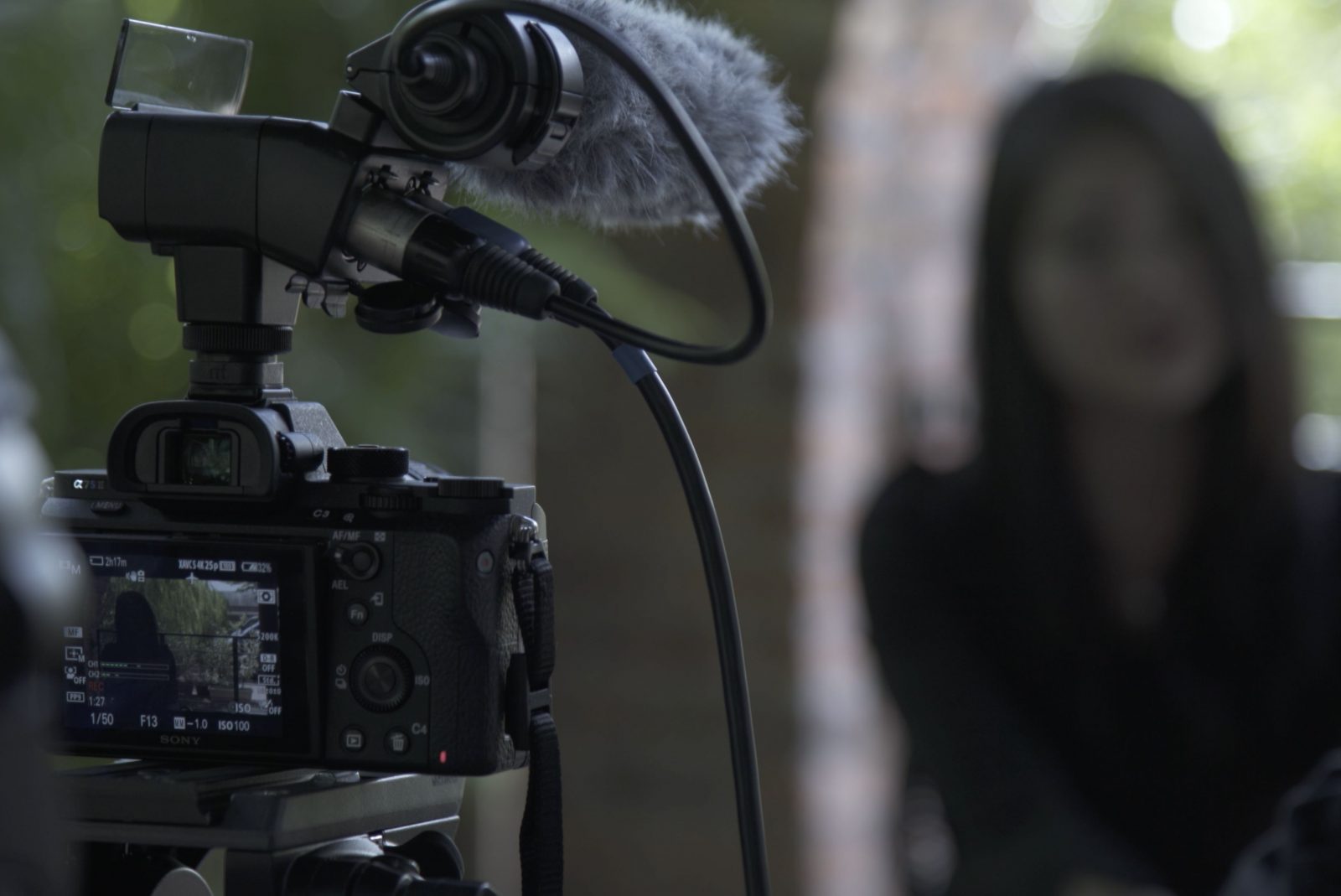
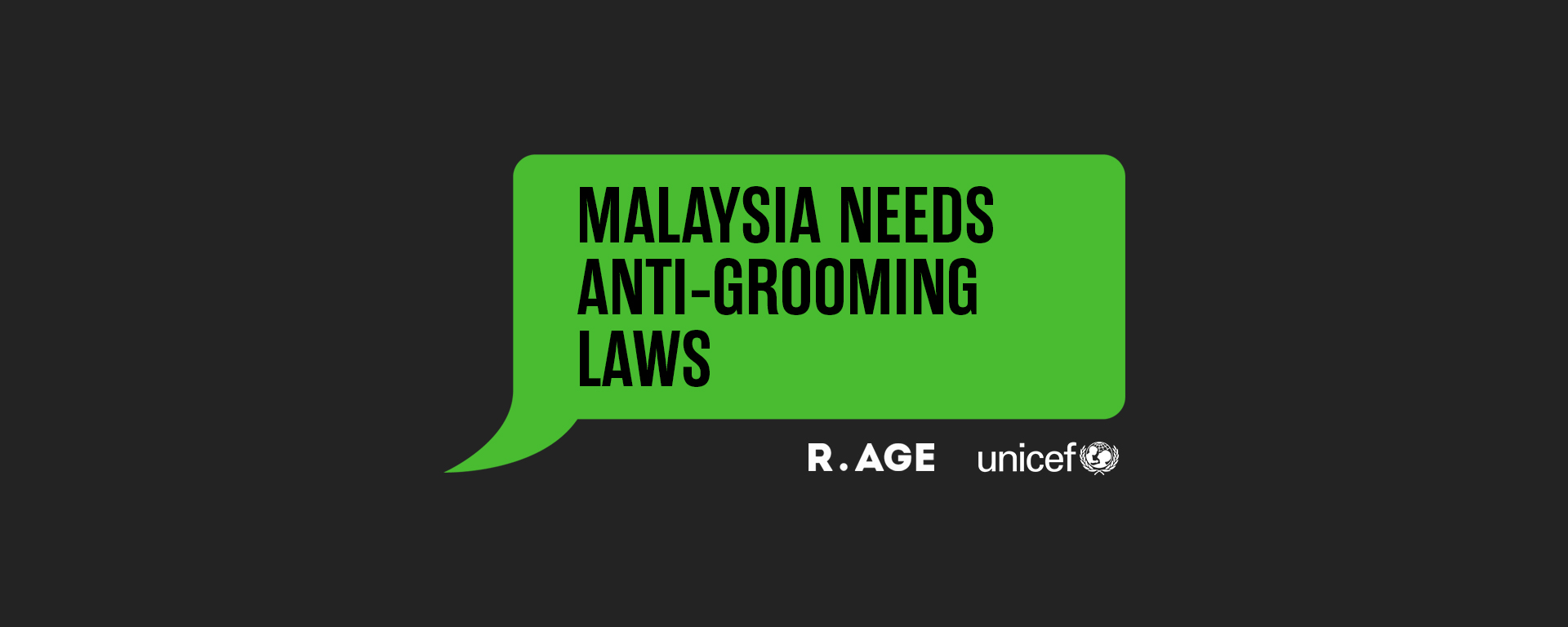
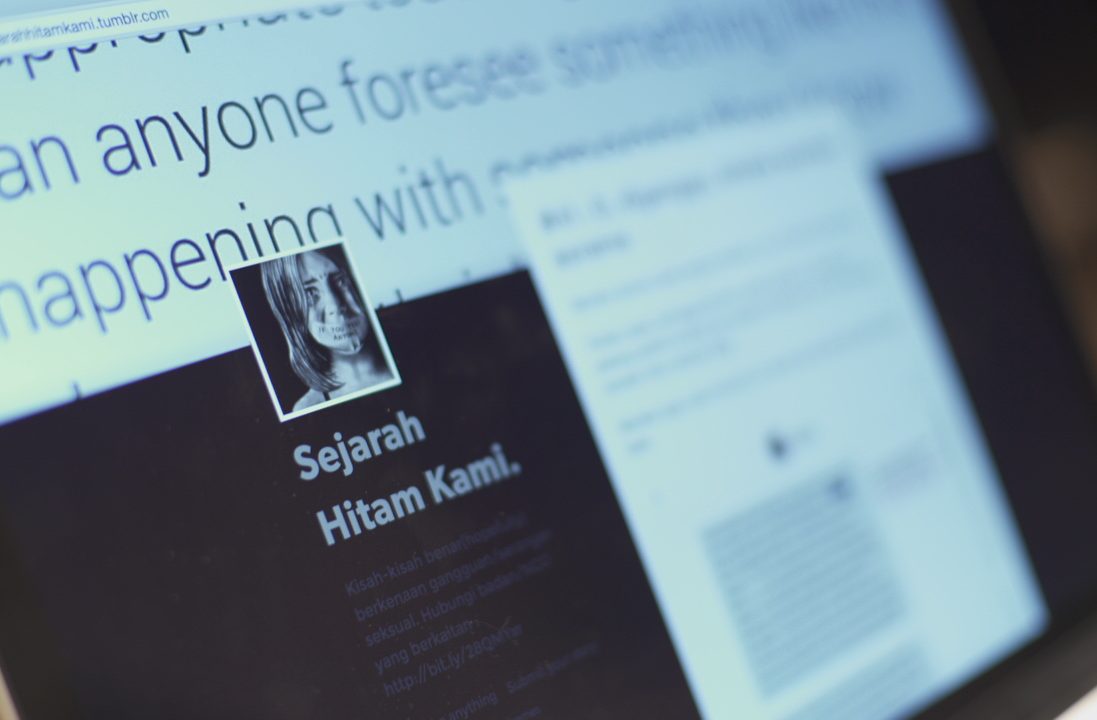

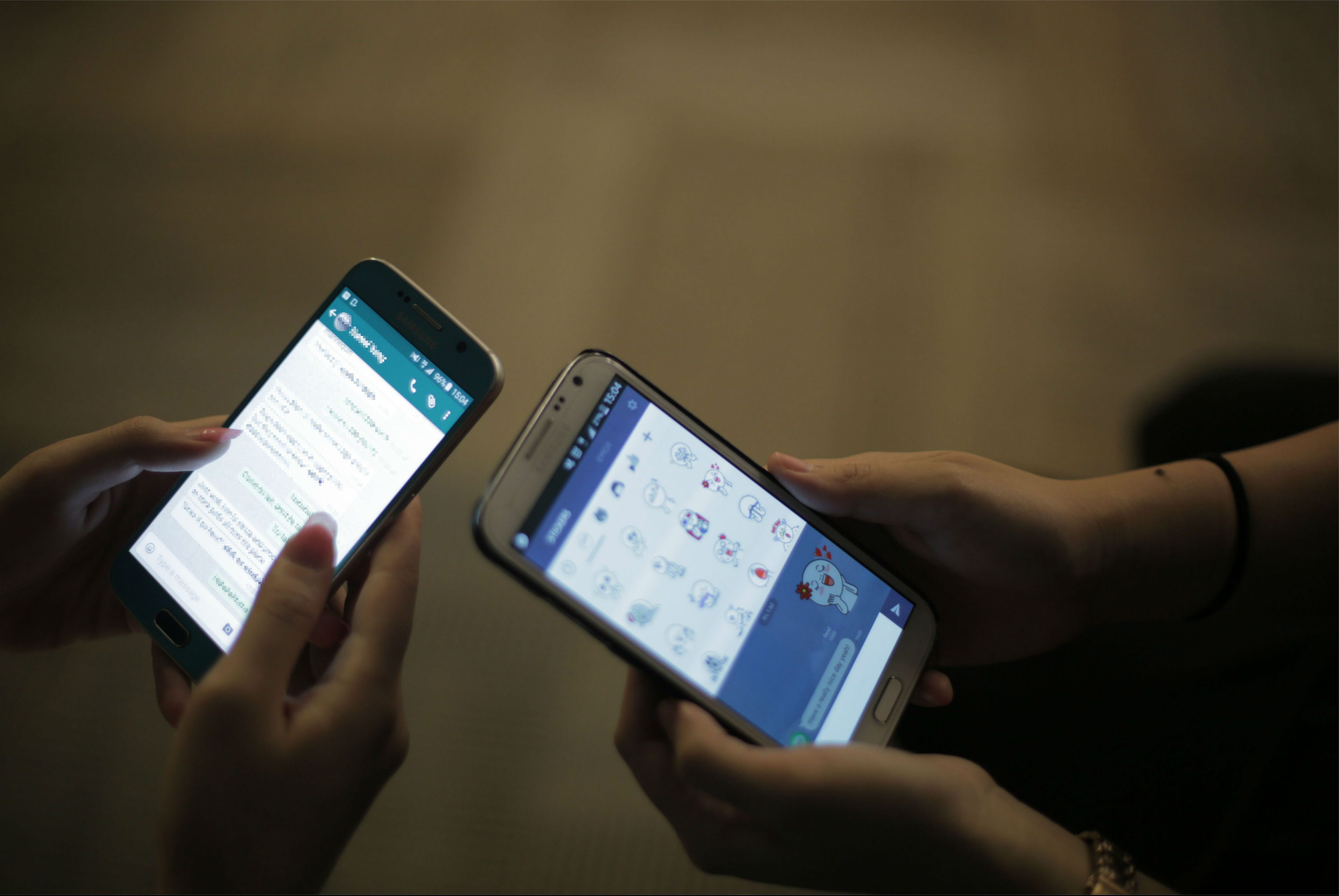
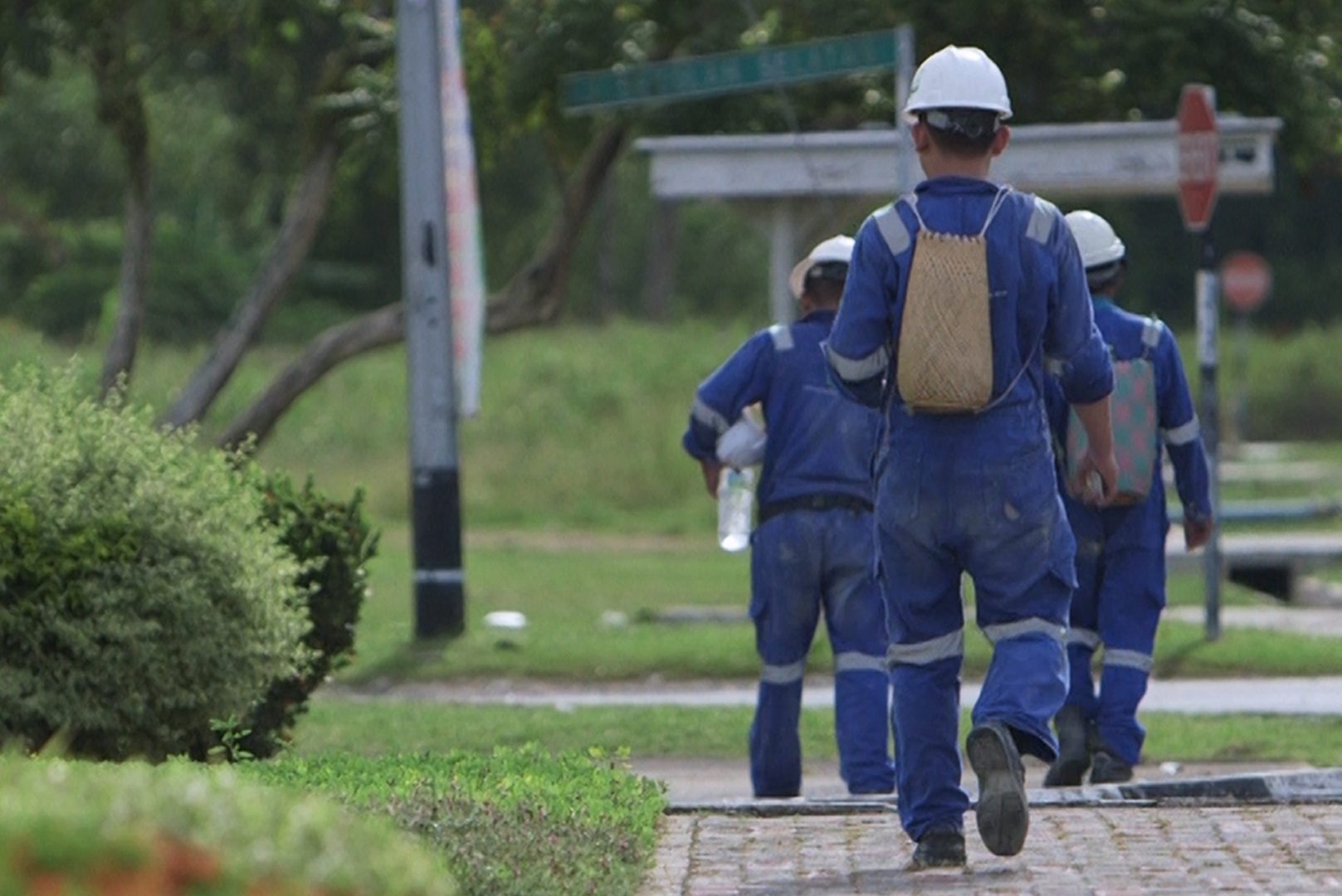

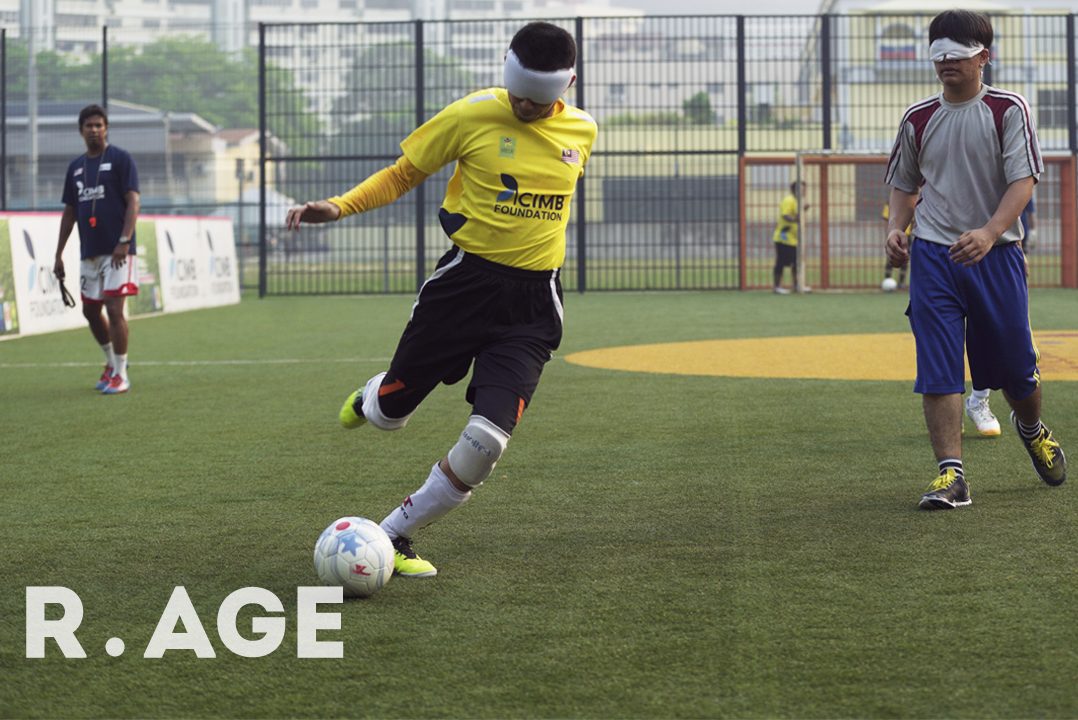
Tell us what you think!